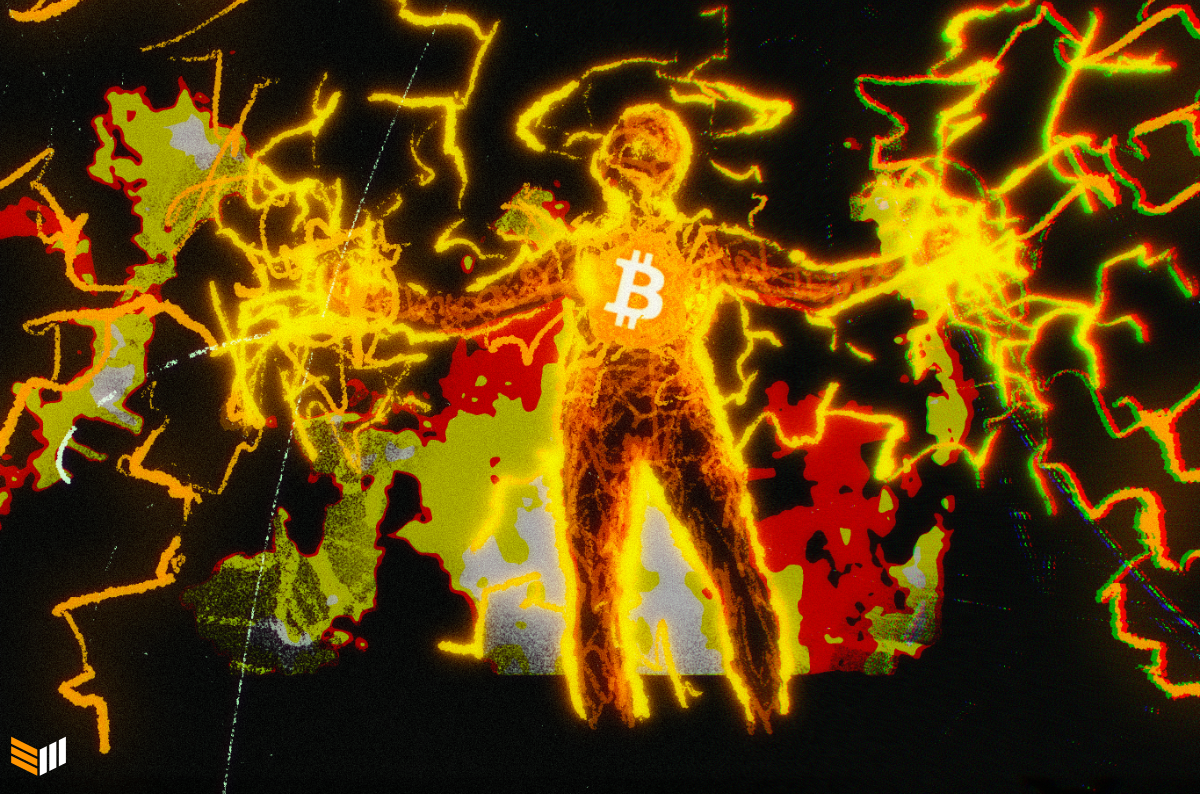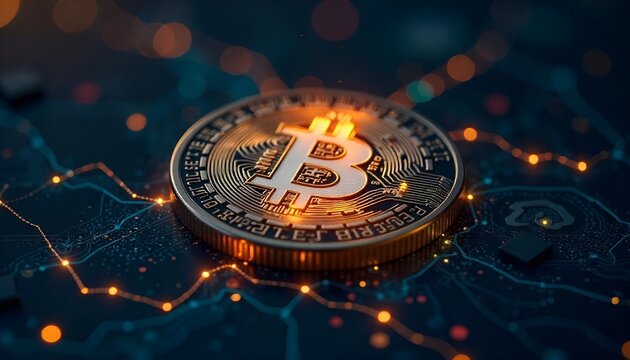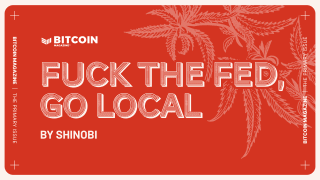Are people actually able to govern themselves? Well, the likely answer to that question from most people you ask would be a resounding no. After all, most would agree that humans are too blinded by their own self interests to be able to create a peaceful and just society without some form of regulation. As a result of this being the widely-held belief, throughout human history we have organized into institutions that transfer power away from individuals to a central institution in the hopes that it can regulate the problems that arise from self-interested human nature.
These institutions have taken the forms of tribes, monarchies, empires and now nation states, and have been the exclusive holders of sovereignty, or in other words, “supreme or ultimate power.” Often, in order to gain their sovereignty, the use of force or threat of force is necessary. This is not to say that individuals cannot enjoy individual rights and freedoms under institutions, rather, individual sovereignty transcends such rights as personal property. When an individual has property rights, they have the right to own their property, but when an individual has sovereignty, they have the power and responsibility to fully control their property.
Adopting the Bitcoin standard represents an individual’s first step toward achieving personal sovereignty. By making the difficult decision to take their finances into their own hands, they are making the choice of freedom over safety. This is no easy decision to make, since the favorite phrase among Bitcoiners that it allows you to “be your own bank” turns out to be pretty literal. You are the only one responsible for keeping your bitcoin safe. You are the one for whom, if you are off by a single letter/number when sending bitcoin to an address, those coins are lost forever. You are the one who, if you lose your seed phrase, know that there is no bitcoin customer service agent to help you retrieve it.
Celearly, this is not the easy choice. It is, however, the price associated with freedom. The bitcoin holder now has full control over his or her monetary energy (all money is simply the energy of a unit of value) and the ability to transact with whoever they wish, without permission from any bank or government. Imagine then, that an individual can more than just transact value without permission from outside forces, but also conduct all parts of their daily lives without such pressure. When a person is able to do that, they will become a sovereign individual, and Bitcoin is the first step in making this possible.
Going back to the initial question I asked about whether individuals are capable of governing themselves, Bitcoin may provide a roadmap for changing the answer from a no to a yes. The Bitcoin network is made up of individuals incentivized to be self-interested, and yet even without a central entity in place, the network does not break down. It is a blueprint for how decentralized protocols of the future can build an infrastructure where self-interested individuals can interact with one another, without requiring an outside centralized party to ensure that everything moves smoothly.
Sovereignty, similar to freedom, is not meant to be easy. For that reason, it may be challenging to get the general population on board, since most people still choose the simple over the hard. That being said, with changes in the geopolitical landscape like a shift against civil liberties and the creation of central bank digital currencies that will only serve to cede more control from the individual to the state, the layman's hands may be forced.
Fintech firms like Square and PayPal can provide the bridge between using accounts with legacy financial institutions and becoming a hardcore Bitcoiner running your own node, by introducing hundreds of millions of users to the world of Bitcoin. Sending bitcoin to your friend by simply typing their name into a user-friendly interface rather than a clunky address on a Bitcoin wallet (a feature that Cash App recently introduced) is an easier proposal for newcomers to accept. Needless to say, once these new users go even somewhat down the Bitcoin rabbit hole, they will become just as demanding of liberty as the rest of us Bitcoiners.
Bitcoin unlocks financial sovereignty, but its ideals and technology pave the road for the possibility of a fully-sovereign individual. When the idea of the sovereign individual is realized, gone will be the constraints placed upon citizens by modern nations. Instead, individuals are liberated from the mandate to organize based on arbitrary lines drawn onto a piece of paper and will be free to form communities out of their own volition. This is similar to how people already interact in the digital world. The communities people form on sites like Twitter and Reddit disregard traditional borders and form organically from people searching for like-minded others. Interaction over the internet seeks to be borderless and soon, so too will our interaction in the physical world.
The idea of the sovereign individual is certainly utopian, but so was the Bitcoin future and that now feels all but inevitable. Many Bitcoiners are preparing for a Bitcoin future in which there is little need for nation states, and in this future, they must also be prepared to become sovereign individuals capable of governing themselves.
This is a guest post by Jack Kriesel. Opinions expressed are entirely their own and do not necessarily reflect those of BTC Inc or Bitcoin Magazine.











